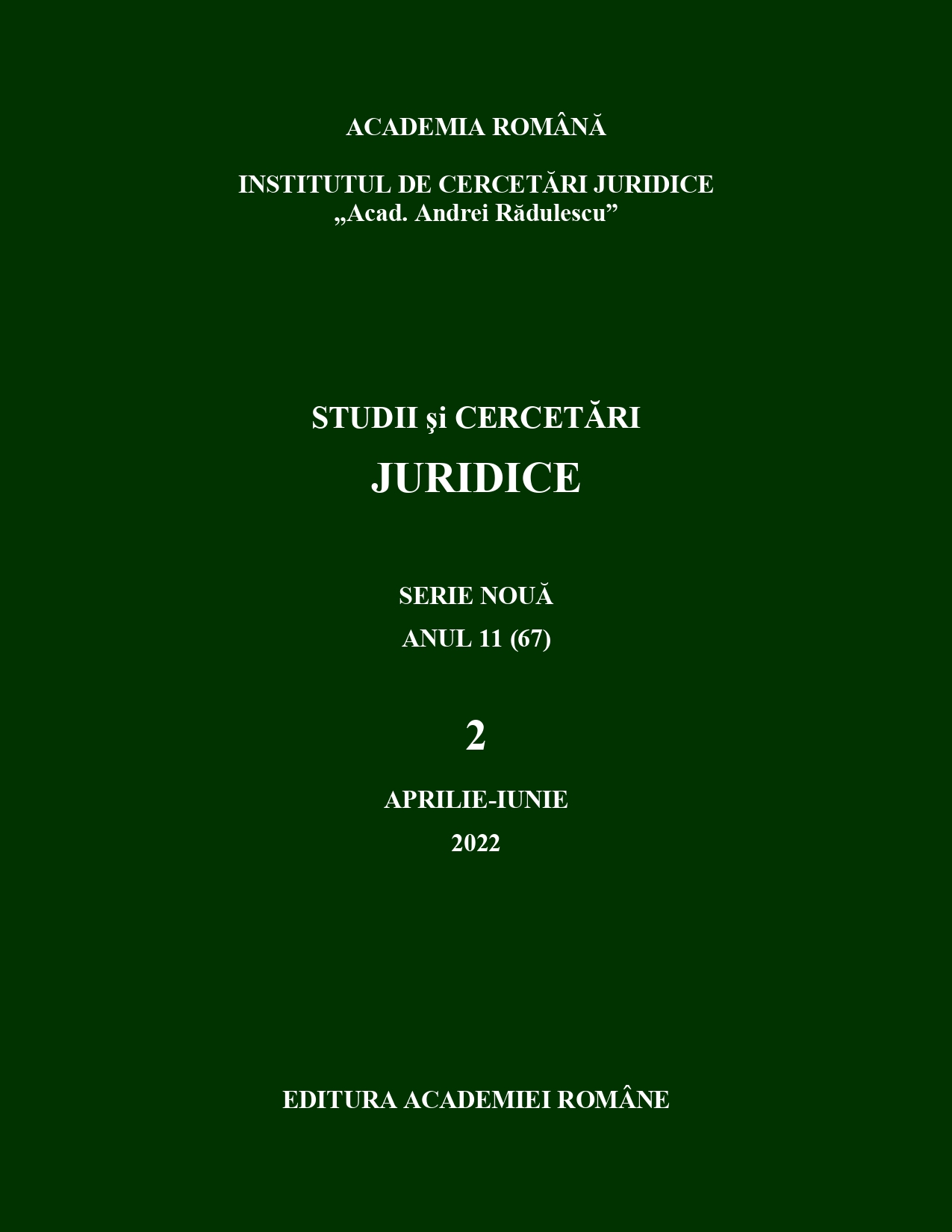Protecția drepturilor fundamentale în Uniunea Europeană în timpul crizei sanitare generate de Covid-19
Protection of Fundamental Rights in the European Union during the Health Crisis Generated by Covid-19
Author(s): Daniel - Mihail ŞandruSubject(s): Law, Constitution, Jurisprudence, Human Rights and Humanitarian Law, Health and medicine and law, EU-Legislation
Published by: Editura Academiei Române
Keywords: European Union; Romania; health crisis; fundamental rights; legislation; free movement of persons; soft law; transparency of institutions;
Summary/Abstract: Fundamental rights in the European Union, including Romania, are a sensitive point in the action of the European organization, its leaders and the representatives of the Member States during a period of crisis, which has not yet ended. The European Union guarantees the highest level of respect for human rights by establishing the Charter of Fundamental Rights, a document with legal force of Treaties, yet limited in its scope. The study aims to substantiate the possibilities for interpretation and application of specific human rights rules in the European Union, by referring to the case law of the Court of Justice of the European Union which adds to the document and other sources, such as general principles of Union law or the case law of the European Court of Human Rights. This multitude of institutions, agencies and offices as well as sources related to the protection of fundamental rights raises the issue of their observance in a borderline situation, such as the Covid-19 pandemic. Although the crisis has not ended at this time, the most important moments seem to have taken place: the imposition of traffic restrictions - on people and goods -, the purchase of medical equipment or the financing of vaccine discovery research and their purchase. The study examines the legal implications of the health crisis by sampling them, starting from the observance of its own rules by the Union institutions, in particular regarding the decision-making transparency of the European Commission, regulation by documents without binding legal force (soft law), especially by recommendations issued by the Commission European or measures taken to restore the free movement of persons.
Journal: Studii și Cercetări Juridice – Serie Nouă
- Issue Year: 2022
- Issue No: 2
- Page Range: 265-279
- Page Count: 15
- Language: Romanian

